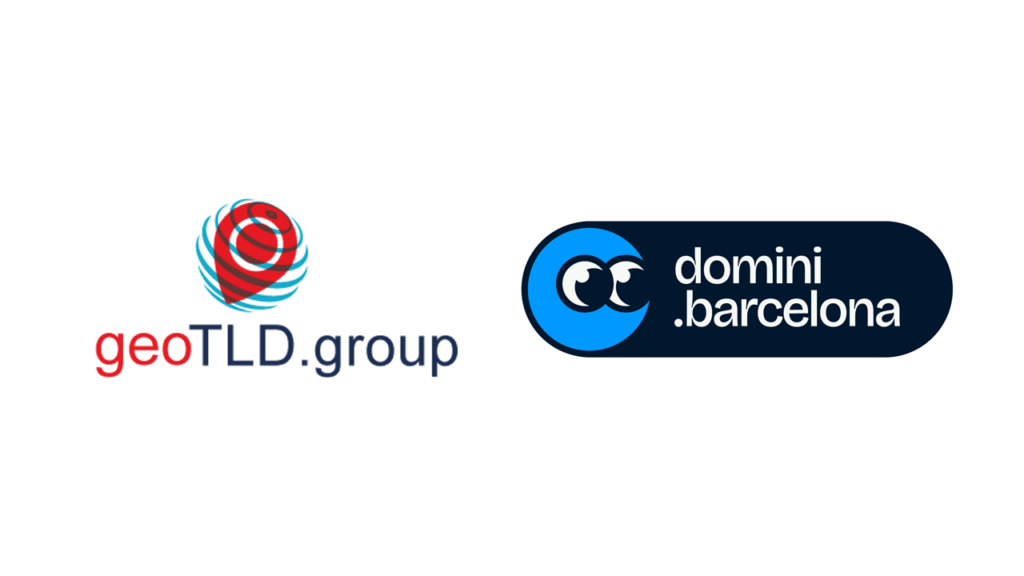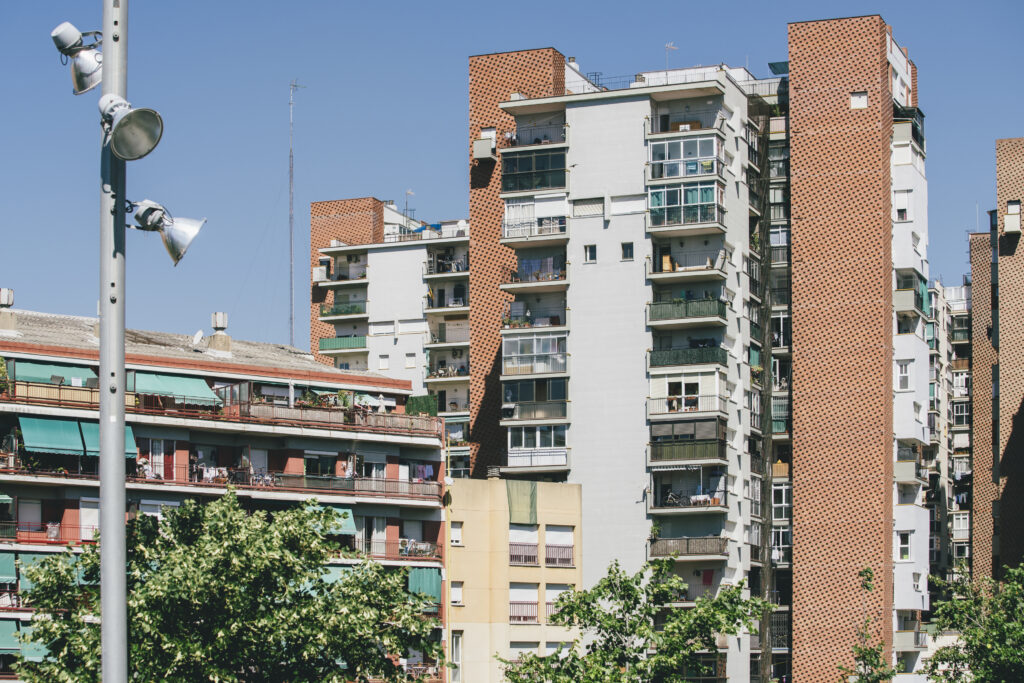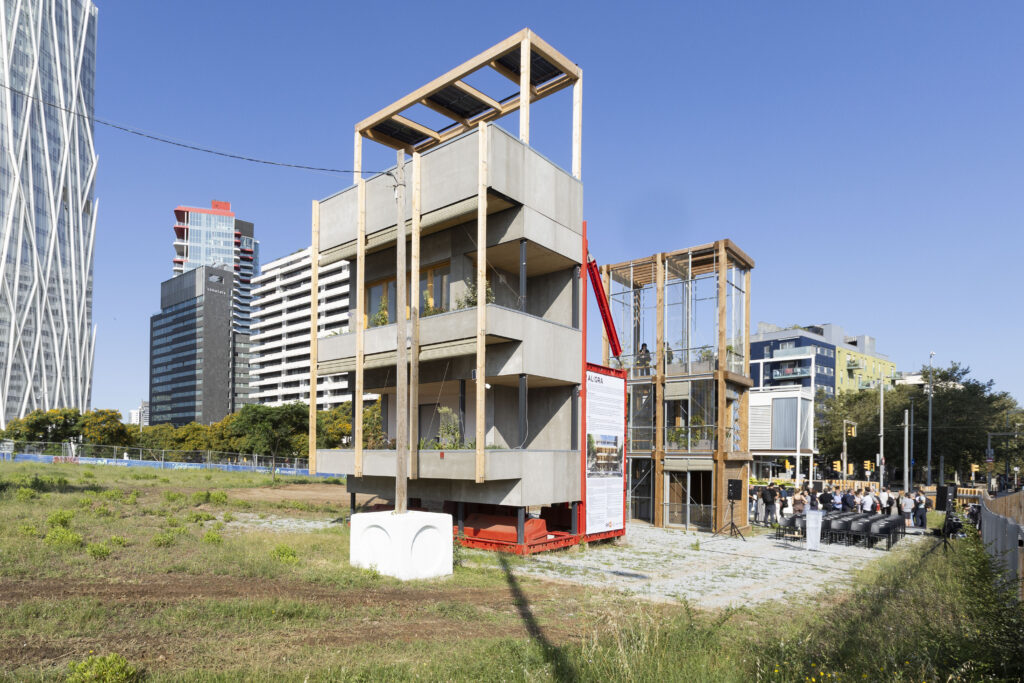SEO optimisation for mobile devices is essential if we consider that smartphones are a vital means of internet access for many users. Search engines such as Google prioritise websites that offer a good mobile experience. Here are a series of tips to help you optimise your website SEO for mobiles:
1. Responsive design
A responsive design automatically adapts to different screen sizes. This means your website can be viewed well on computers and mobiles alike, enhancing user experience. Google recommends a responsive design as it helps to index content and avoids duplicated content.
2. Good loading speed
Loading speed is crucial for mobile SEO. Mobile users tend to abandon a site if it takes more than three seconds to load. Improving the loading speed can reduce this and increase the time users stay on your site. You can use tools such as Google PageSpeed Insights to identify any issues with speed.
3. Content optimisation
Content must be easy to read on small screens. Use short paragraphs, lists with bullet points and clear headings. Well-structured content facilitates the reading experience for users. Adapt content for mobile devices with simple and direct language, and make sure that calls to action (CTA) are accessible.
4. Avoid Flash and intrusive pop-ups
Flash is not compatible with many mobile phones and pop-ups can be very annoying to users. Steering clear of these improves user experience and avoids penalisations from Google. Use tech such as HTML5 instead of Flash and configure pop-ups to be less intrusive, or get rid of them altogether.
5. Local search optimisation
Many mobile searches are local in nature. Optimise your site for local searches adding relevant information such as addresses, phone numbers and opening times. Local searches can bring highly interested traffic to your services and products. Register your business on Google My Business and make sure your local information is accessible across your whole site.
6. Implementaton of structured data
Structured data are fragments of code that help search engines such as Google to understand website content better. You can use Schema.org to mark elements such as products, reviews and events.
Structured data can improve the visibility of your website in search results with rich snippets. With the help of an expert in programming, add structured data tagging to HTML code on the site following the Schema.org directives.
7. Use of Accelerated Mobile Pages
Accelerated Mobile Pages (AMP) are a Google initiative to accelerate page loading on mobile devices. It’s a good idea to implement the AMP version of website pages as they load almost instantly, improving user experience.
8. Monitoring and analysis
Finally, it’s crucial to monitor the performance of your website and make constant adjustments. Regular monitoring enables you to identify problems quickly and adapt to new SEO trends. Use tools such as Google Analytics, Search Console and other SEO tools to monitor the performance of your site and get valuable information.
We hope this article helps you understand the importance of taking SEO for mobiles into account, and helps you optimise your website’s position and the experience of users who access it via mobile.



